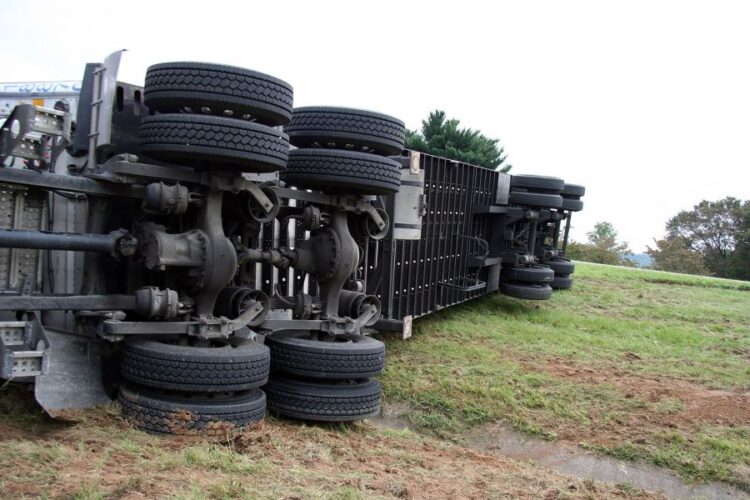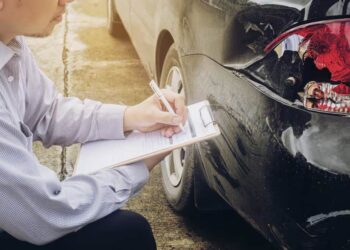Accidents involving trucks and cars differ in several ways, especially when it comes to legal considerations. Truck accidents often result in greater damage and involve more complex liability issues due to the size and weight of trucks, as well as the industry regulations they operate under. Understanding these differences is important for anyone navigating the legal aftermath of such an incident.
The Complexity of Liability in Truck Accidents
Truck accidents frequently involve multiple parties, which complicates the process of determining liability. While car accidents typically involve just the drivers of the vehicles, truck accidents may also include the trucking company, the cargo loader, and even the manufacturer of truck parts. A Dallas Truck Wreck Lawyer can help navigate these layered responsibilities, ensuring that all responsible parties are held accountable. This complexity arises from the trucking industry’s operational structure, where responsibilities are often shared across multiple entities. Factors such as driver fatigue, inadequate training, improper vehicle maintenance, or negligence by the employer are commonly investigated in truck accident cases.
Federal and State Regulations
Trucking is regulated by a blend of state and federal laws, making these cases distinct from standard car accidents. Regulations set by the Federal Motor Carrier Safety Administration (FMCSA) govern aspects like driver qualifications, hours of service, and vehicle maintenance standards. Violations of these rules can be significant evidence in a truck accident case. For instance, if a truck driver exceeded the legally permitted hours of service or if a trucking company failed to perform required inspections, these violations could establish negligence. Car accidents, on the other hand, are less likely to involve regulatory issues, often simplifying the legal framework.
The Impact of Greater Damage
The sheer size and weight of trucks can lead to catastrophic accidents, causing severe injuries, fatalities, and extensive property damage. Victims of truck accidents may face significant medical expenses, long-term rehabilitation needs, and lost income, which typically result in higher compensation claims. Truck accidents often involve multiple vehicles or even public infrastructure, further increasing the stakes. In contrast, car accidents generally result in less extensive damage, affecting fewer parties and involving lower compensation demands.
Evidence Collection Challenges
Truck accident cases often rely on complex evidence collection, which differs from the straightforward process typically seen in car accidents. Evidence such as driver logs, black box data, maintenance records, and dashcam footage can play a key role in proving fault. These technical elements are unique to truck cases and require specialized legal knowledge to analyze effectively. Trucking companies and their insurers often act quickly to protect their interests, making it important for victims to seek legal representation as soon as possible. Delays can result in lost evidence or reduced chances of a favorable outcome.
Truck accidents are significantly different from car accidents in terms of liability, regulations, and damages. The involvement of multiple parties, federal and state laws, and the complexity of evidence collection all contribute to the challenges faced by victims seeking justice. Understanding these distinctions is critical to navigating the legal process effectively. For anyone involved in a truck accident, experienced legal support is invaluable in ensuring a fair and comprehensive resolution to their case.










